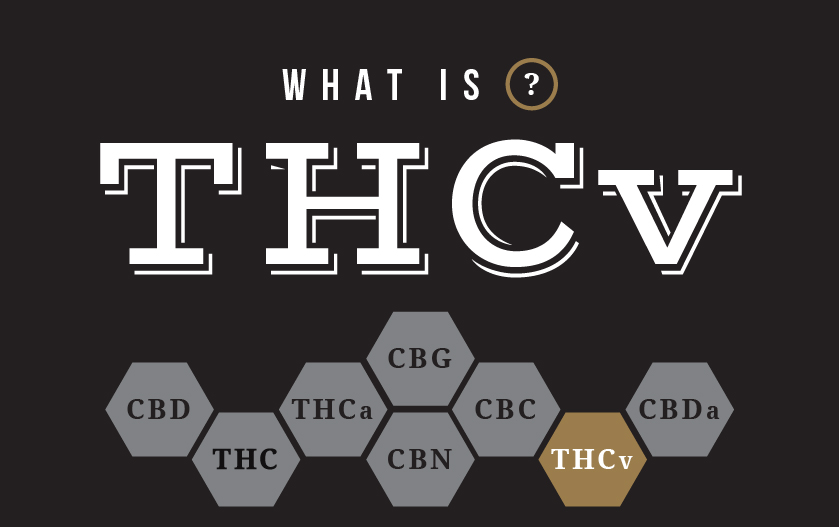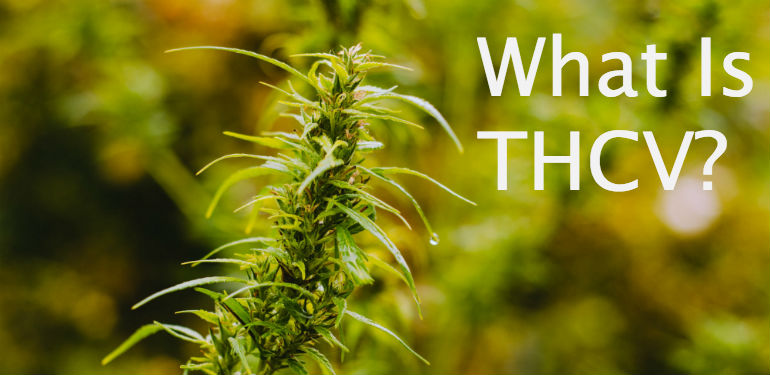Tetrahydrocannabivarin (THCV) is a cannabinoid compound discovered in cannabis and hemp plants. It's chemically comparable to tetrahydrocannabinol (THC) however with some essential distinctions. Here's whatever you require to understand about THCV including the dangers, advantages, distinctions, and resemblances with other kinds of THC and more. What Is THCV? THCV is a less typical cannabinoid found in some pressures of marijuana, particularly African sativa.
 Tetrahydrocannabivarin (THCV) - Original FARM
Tetrahydrocannabivarin (THCV) - Original FARM
 What Is THCV and What Are the Benefits of This Cannabinoid?
What Is THCV and What Are the Benefits of This Cannabinoid?
 THCV - The Cannabinoid of the Month at Champlain Valley Dispensary
THCV - The Cannabinoid of the Month at Champlain Valley Dispensary
THCV has a 3-carbon side chain instead of THC's 5-carbon side chain. This distinction is subtle, however it has a noticeable effect on the result profile. THCV is rather psychoactive however just about and about. What Does THCV Seem like? THCV has a strong energy-boosting part to it, which makes it particularly popular among trainees and professional athletes.
In the United States, THCV regulation is nuanced. THCV is not an Arrange I Drug, however cannabis extracts are making it rather ambiguous what the federal position is on THCV. The 2018 Farm Expense specifies that hemp plants and all derivatives of the plants are legal on a federal level, a lot of business follow this law and still provide THCV to clients by only drawing out the substance from hemp plants.
If THCV is thought about a THC analog, it could be managed in the future by the very same guidelines as THC under the Federal Analog Act. This act states that any compound that shares a similar molecular profile as a recognized prohibited substance it's included in the exact same drug Set up category.
What Are the Effects of THCV? Supporters of THCV report that it produces an intense burst of energy and makes them feel blissful without the mental cloudiness triggered by THC. The impacts are very mild compared to THC. The impacts are practically exclusively cognitive yet in some way have really little influence on headspace.
2. THCV & Appetite Some THCV users declare that it curbs their cravings. This is a common result of other focus-enhancing compounds also. It's as though THCV removes the distraction of other physical procedures (like appetite) in order to maintain resources and attention to cognitive tasks instead. How Does THCV Work? Cannabinoids produce biological effects in the human body by engaging with endocannabinoid receptors.
CB1 receptors lie in the worried system and connect with neurotransmitters in the brain to produce mind-altering impacts. Interaction with CB1 websites is what provides some cannabinoids like THC their psychoactivity. THCV is a bit challenging to understand due to the fact that it's mainly a CB1 villain, indicating it has the opposite effect as THC.
While researchers are still seeking to comprehend this procedure, it appears THCV is able to obstruct the impacts of CB1 in low dosages and stimulate them in high doses. CB2 receptors are discovered mainly in the body immune system. THCV is a partial agonist of CB2, but the impacts of this partial activity aren't widely known, and it apparently has no noticeable effect on THCV users' experience.
As discussed in the previous section, THCV is a CB1 antagonist in low dosages which is the specific opposite result of delta 8 and delta 9 THC. This might imply that THCV combats a few of the psychoactive impacts of THC. This effect could discuss why people who utilize THCV feel so clear-headed particularly compared to the infamous "fogginess" caused by delta 9 THC.